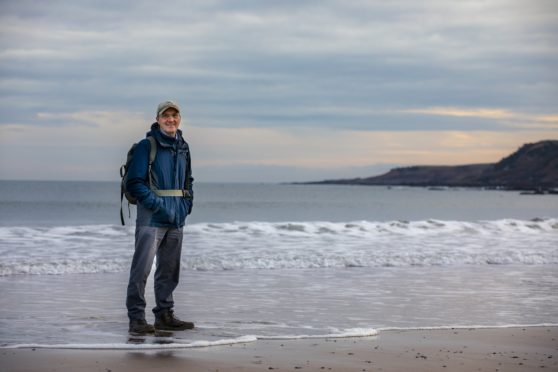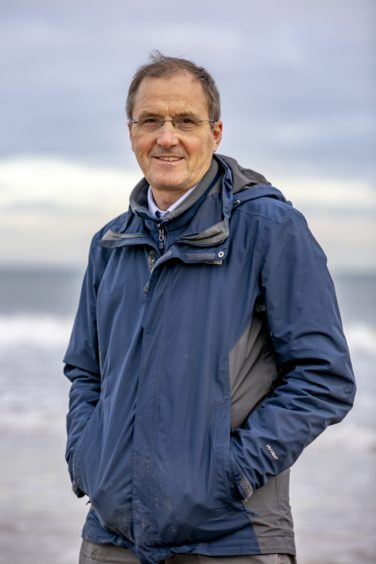St Andrews University has appointed the UK government’s former chief scientific adviser to lead its response to the climate crisis.
Professor Sir Ian Boyd, an authority on climate change and the strategic shifts required to address it, has been tasked by the university to challenge staff and students to develop novel, evidence-led responses to the need to further reduce St Andrews’ carbon footprint.
The university has committed to becoming carbon neutral by 2025 and was among the first in the UK to pursue major green energy initiatives, with the commissioning of a £25 million biomass and energy centre on its Eden Campus site at Guardbridge.
Sir Ian will lead a dedicated Environmental Sustainability Board (ESB) to bring together the university’s climate research.
The board will produce a set of environmental targets, develop an environmental sustainability strategy and act as an advisory board to ensure plans are developed.
Staff and students will be appointed to identify ways in which the university can change its approach to the use of resources and ethical investments.
Sir Ian said: “This will in no uncertain terms present a significant challenge, particularly to an international institution that attracts people to Scotland from around the world and aims to participate in global debates.
“St Andrews has already made progress towards carbon neutrality with the implementation of a biomass energy plant at Guardbridge and moves towards greener energy. However, there is significant work to be done.”
Principal Professor Sally Mapstone said: “It’s clear to me we can do more as a university to show leadership and drive change in this key area of social responsibility.
“Ian’s role is not only to harness the best of us, but to challenge us as an institution, and as individuals, and I expect and hope that this will be a subject which promotes widespread and robust debate across our community.”
Sir Ian is a marine and polar scientist with a career which has focused on the management of human impact on the environment.
He served as chief scientific officer to DEFRA (the UK government’s Department for Environment, Food and Rural Affairs) from 2012 until last year, when he was knighted for his services to science and economics on food and the environment.











